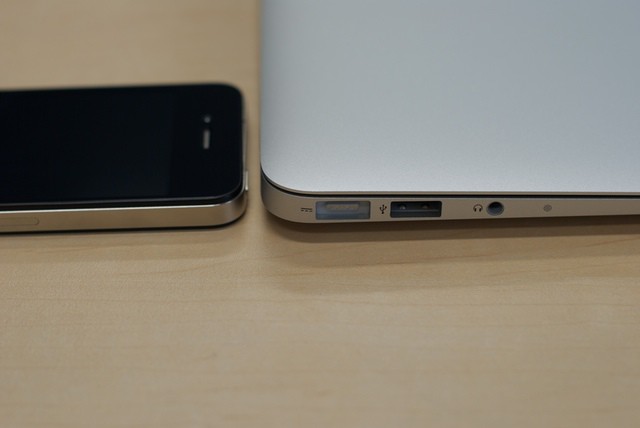For only the second time in recent memory, Apple has used its pile of cash to buy a hardware company and threaten survival of another tech industry. Reports say Apple is ready to spend up to $500 million to acquire Anobit, an Israel-based flash memory maker already used in the iPhone, iPad and MacBook Air. It probably didn’t hurt that the purchase could free Apple’s reliance on its courtroom buddy Samsung.
According to TechCrunch, which cites Israeli news site Calcalist, Apple is particularly interested in the fabless chip maker for flash storage. Anobit makes a Memory Signal Processor (MSP) that “improve the speed, endurance and performance of flash systems while driving down the cost,” according to the report. The company’s technology also creates the MSP20xxx embedded flash controller used in mobile devices.
The flash memory deal would be the first under CEO Tim Cook’s leadership and only the second time the company acquired a hardware firm. In 2008, Apple paid $278 million for P.A. Semi which later produced custom ARM-based chips for the iPhone and iPad. Today’s deal could also help Apple walk away from a 2005 agreement with Samsung to ensure flash memory for the iPhone, iPad and MacBook Air. Since then, the two companies have fought numerous legal battles as both compete in the smartphone and tablet markets.
Earlier this year, Apple announced it had inked a $3.9 billion deal with unnamed component suppliers, a strategic move that Cook described as “fantastic.” However, such strategic moves to ensure Apple has a ready supply of parts is often met with complaints — largely from suppliers left out in the cold.
When Apple unveiled the all-flash MacBook Air, hard drive makers complained the move would cripple their industry.
In 2010, there was concern the iPhone’s “insatiable demand” for flash memory would hurt the industry. A year earlier, it was the iPod’s turn to take the blame for tight flash memory supplies. That same year, the entire industry jumped on Apple’s infatuation with flash memory. But in a sign that all trends run in circles, the advent of iCloud storage this year was viewed as hurting demand for Apple’s flash memory based hardware.


